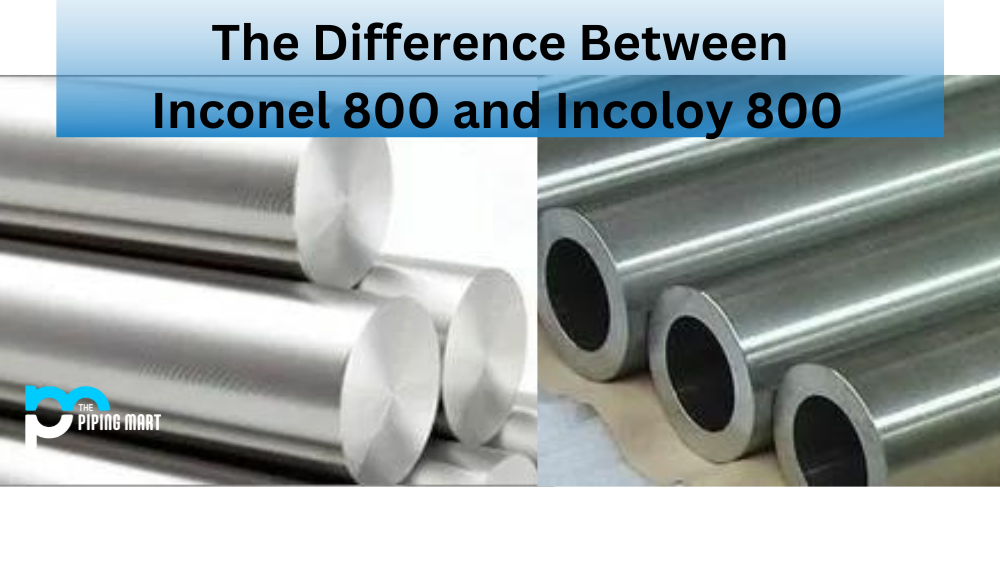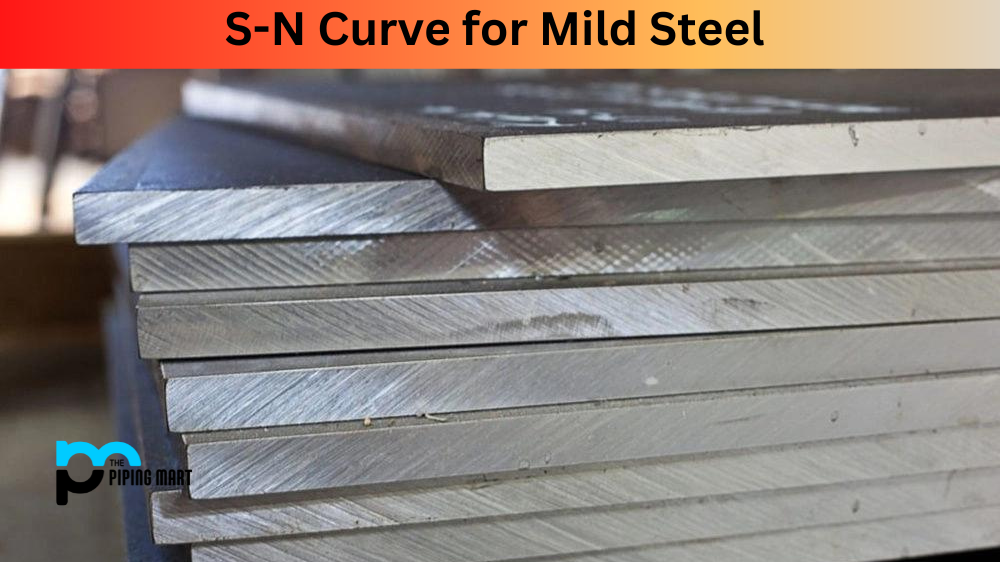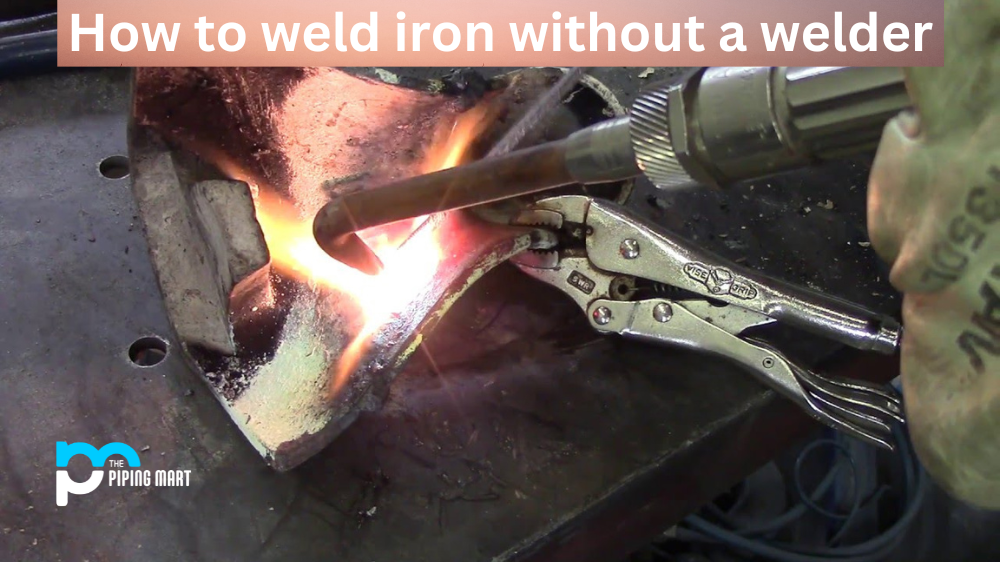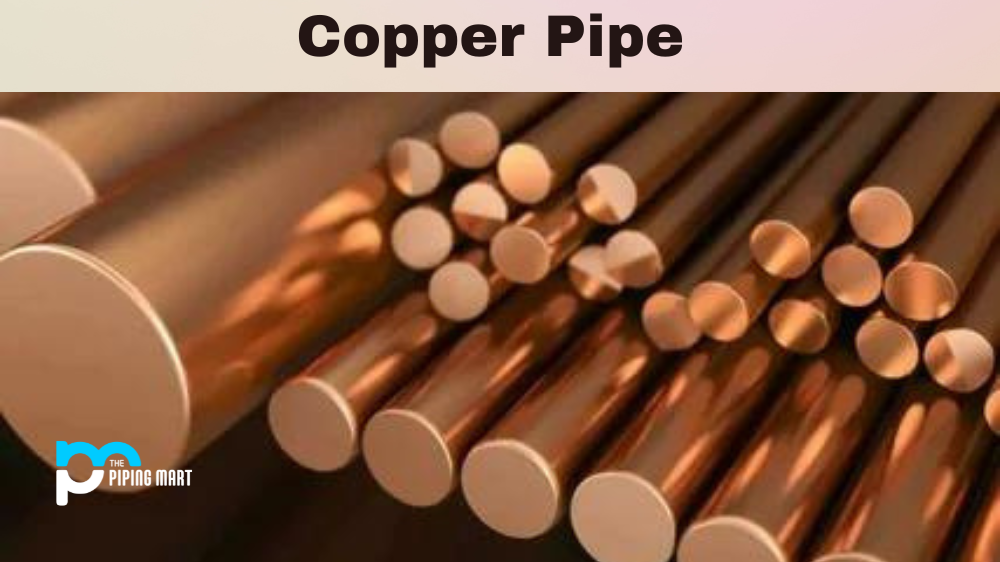Inconel 800 and Incoloy 800 are two of the most widely used nickel-iron-chromium alloy materials. While they are both highly heat resistant, the two alloys have distinct differences that make them suitable for different applications. Let’s look at these two materials to understand better why they differ.
Inconel 800
Inconel 800 is a nickel-chromium alloy that is resistant to high temperatures and corrosion. The alloy is often used in applications where high temperatures are present, such as in heat exchangers and furnaces. Inconel 800 also has good resistance to carburization and nitriding.
Incoloy 800
Incoloy 800 is a nickel-chromium alloy that is resistant to high temperatures and corrosion. The alloy is often used in applications where high temperatures are present, such as in heat exchangers and furnaces. Incoloy 800 also has good resistance to carburization and nitriding.
Inconel 800 vs Incoloy 800
The main difference between Inconel 800 and Incoloy 800 is that Inconel 800 has better corrosion resistance than Incoloy 800. Additionally, Inconel 800 is slightly more expensive than Incoloy 800.
Physical Characteristics
Inconel 800 is composed of 72% nickel, 14-17% chromium, and 2-3% aluminum, while Incoloy 800 is composed of 72% nickel, 19% chromium, and 9% iron. This difference in composition gives Inconel greater strength than Incoloy. Inconel also has a higher melting point than Incoloy – 1300°C vs. 1149°C, respectively. As a result, it can withstand higher temperatures without breaking down or becoming brittle.
Applications
Given their distinct compositions, each alloy is suitable for different applications. Inconel is generally used in high-temperature environments such as aircraft engines; however, it can also be used in other industries such as chemical processing and power generation due to its excellent corrosion resistance properties. On the other hand, Incoloy is more commonly used in corrosive environments since it has superior corrosion resistance properties compared to Inconel. Additionally, Incoloy also has better formability and weldability than Inconel because of its lower melting point. Because of this versatility, it is often found in applications such as petrochemical plants and oil refineries where high levels of corrosive elements are present.
Conclusion
In conclusion, Inconel 800 and Incoloy 800 are two highly heat-resistant materials with distinct physical characteristics that make them suitable for different applications. If you’re looking for a material that can withstand high temperatures without breaking down or becoming brittle, then Inconel may be the right choice for your needs; however, if you need a material with superior corrosion resistance, then Incoloy may be more suitable for your application. Ultimately, the choice will depend on your individual requirements, so consider all factors before making a decision!

Pipingmart is a B2B portal that specializes in metal, industrial and piping items. Additionally, we share the latest information and information about materials, products and various types of grades to assist businesses that are involved in this business.




